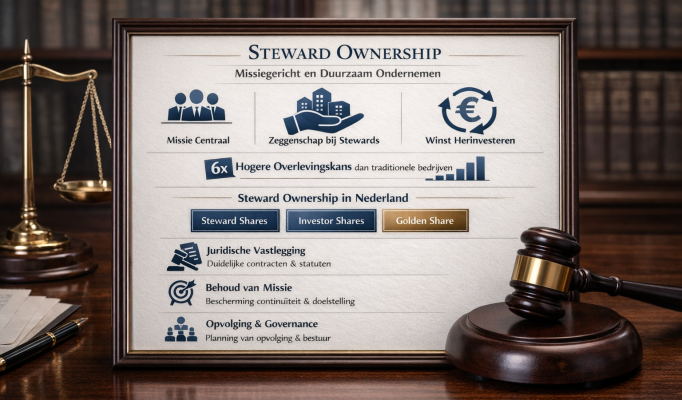Victim of financial fraud, and your bank claims there’s nothing they can or should do? A recent Dutch court ruling may change that.
Victims of financial fraud—whether by fraudulent customers or rogue employees—often encounter stone walls when seeking help from banks. But a recent decision by the Amsterdam District Court on January 22, 2025, shows that banks cannot simply hide behind silence.
This case gives new hope to entrepreneurs and consumers affected by bank fraud.
The case in brief: fraud through fake bank details
A media company, International Media Distribution (IMD), fell victim to a sophisticated form of email fraud. On the fraudster’s instructions, the company transferred more than €418,000 to an ING bank account held by a fraudulent company. Within a day, the funds were funneled to foreign accounts. Only after IMD reported the fraud did ING freeze the account.
IMD held the bank liable, arguing that ING had sufficient fraud indicators to act earlier but failed to do so. By ignoring red flags, ING allegedly breached its duty of care.
What did the court decide?
The court confirmed that banks are not only responsible towards their own clients, but also towards third parties who suffer damage due to fraudulent customers. If a bank has actual knowledge of misuse of a bank account, it must take immediate action. A mere suspicion or “should have known” is not enough—concrete awareness of fraud is required.
However, proving what a bank knew internally is challenging for victims. For that reason, the court imposed a heightened duty to disclose on ING. The bank was ordered to provide information about internal fraud alerts, transaction patterns, or suspicious activity indicators.
ING had refused to release such details, claiming criminals could misuse them. But the court dismissed that argument: fraud victims must have a fair chance to prove their case.
Why this matters
This ruling is a significant development for victims of financial fraud via bank accounts:
- For businesses: If a customer or supplier commits fraud using a bank account, and the bank had red flags but failed to act, the bank may be held liable.
- For consumers: Were you scammed and your money vanished via a bank account? You may be entitled to claim damages —especially if the bank missed warning signs.
This is especially relevant in the age of cybercrime in the banking sector, where fraudulent activity often slips through weak controls.
Do you suspect bank fraud?
Take action immediately!
If you’ve lost money due to fraud through a bank account, and you suspect the bank should have acted earlier, take these steps without delay:
- Report bank fraud in writing to your bank immediately.
- Request transaction records and any fraud-related correspondence.
- Consult a lawyer experienced in bank liability and duty of care.
Time is critical. In many cases, key data can disappear quickly, especially if funds have been sent abroad.
Want an expert legal review?
Have you suffered losses due to fraud or scam through a bank account? Is your business or financial institution facing a silent bank, even though earlier intervention may have been possible?
At ACG International, we specialize in complex cases involving fraud in the banking sector, duty of care violations, and financial institution liability.
Our attorney, Thomas Klaarenbeek, is not only a lawyer but also a compliance officer at a financial institution—giving him inside knowledge of how banks operate.
Unsure whether your case has potential? Let us take a look. An initial review can offer much-needed clarity.


